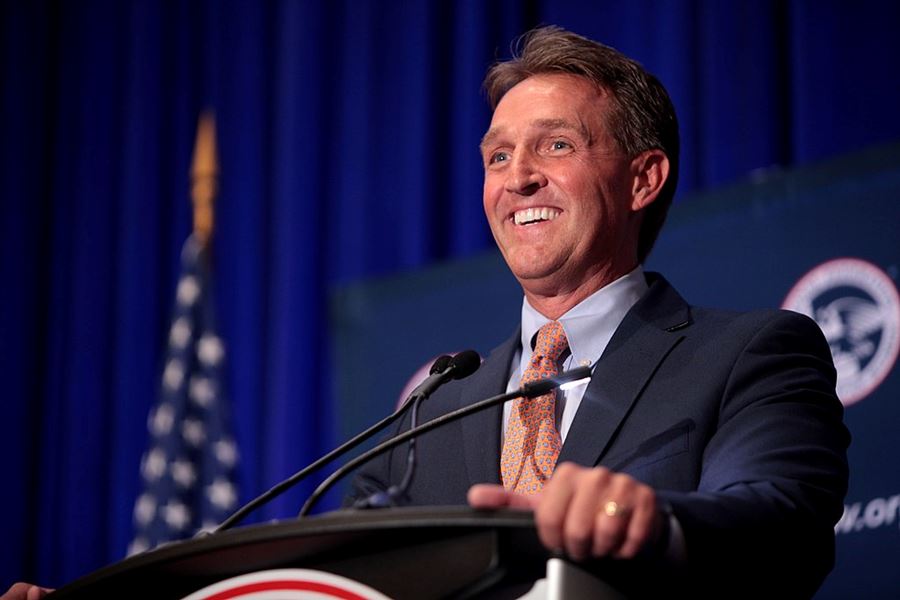This article has been updated to reflect that President Trump has in fact given the order rather than just considering it.

By Frank Andorka, Senior Correspondent
Well, that’s not very free market of him.
In a move that made George Gilder do a spit take, President Donald J. Trump has ordered the Energy Department to instruct grid operators to purchase electricity from failing coal and nuclear plants in an effort to keep such faltering plants alive and well, according to the Associated Press.
Earlier today, Bloomberg indicated such a move might be imminent, citing a memo it reviewed that previewed the action the Energy Department has now been ordered to take, using its power under the Federal Power Act – Section 202 powers, to be exact.
At the time, Bloomberg called the move “an unprecedented intervention into U.S. Energy markets,” in the master-of-understatement style for which they are known. The news organization quoted from the memo that argues:
“Federal action is necessary to stop the further premature retirements of fuel-secure generation capacity.”
The phrases “premature retirements” is the key one in the memo, as it has long been policy of this president to try to prop up failing nuclear and coal plants by any means necessary. It was what was behind the study Secretary of Energy Rick Perry ordered shortly after his appointment into the importance of “baseload power” and the completely arbitrary idea that electrical generation facilities must have 90 days of reserve power on site.
The study was expected to find that an increase in coal and nuclear plants were necessary. When it didn’t, Perry ordered the Federal Energy Regulatory Commission to issue a rule that would have provided for bailouts of failing nuclear and coal plants. FERC respectfully declined.
Which is why the ball has landed back in the Department of Energy’s court, and they appear to be on the verge of simply ordering grid operators to buy power from these plants to provide the plant operators with a financial bailout orchestrated by the federal government.
It’s no shock that this action could be coming. After all, it was President Trump who stood in front of West Virginia coal miners and offered them the impossible dream of bringing coal jobs back to the United States, despite the electricity market – including a majority of utilities – voting against such a move with their market-based plans to close the plants instead. To fulfill his campaign promise, the only way to save those jobs is to rig the system in favor of coal plants.
Bloomberg notes the order is only a draft and has not been finally decided yet, but it’s hard to imagine a circumstance under which the president wouldn’t manipulate the market this way to allow him to claim victory in the mythical “war on coal.”
More:
Trump orders ‘immediate steps’ to boost coal, nuclear plants (Associated Press)
Trump Prepares Lifeline for Money-Losing Coal Power Plants (Bloomberg)


